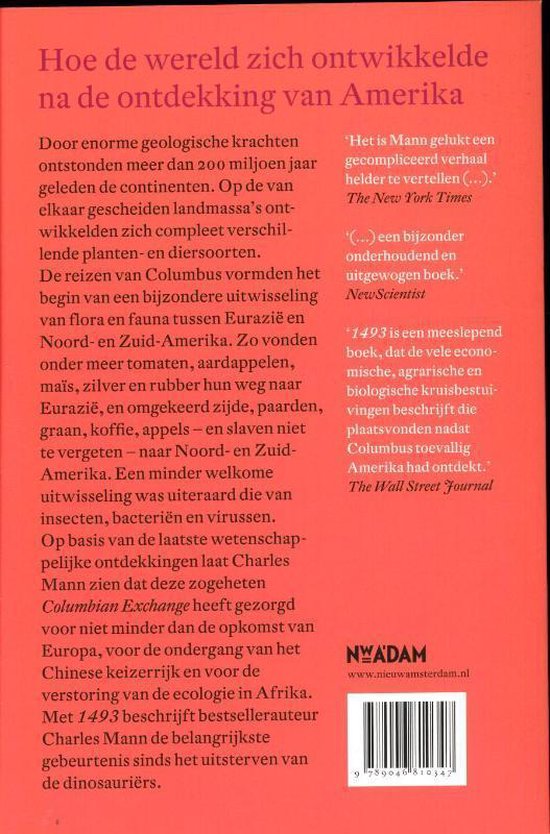

Mann writes, “Later that day, back in Bulalacao, I came upon some women and children tending a family garden…Towering above their heads were tall stalks of corn, now the second most important crop in the Philippines. On another trip he visited the town of Bulalacao, on the Philippine island of Mindoro. Give us your paper requirements, choose a writer and we’ll deliver the highest-quality essay! Order now

He also included in his book anthropological evidence such as native pictures of art work and pottery. While in Ifugao, he took pictures of archaeological evidence such as old trails, roads and canals to put into his book. People were walking away from their farms” (Mann, 370).

“Looking around Ifugao, I was stuck by the number of abandoned, crumbling terraces. The first place he visited was Ifugao, which is a poor region of the Philippines to conduct his research for this book. Mann traveled to China, the Philippines and South Africa to provide first-person anecdotes. “They turned the Americas, Asia, and to a lesser extent, Africa into ecological versions of Europe” (Mann, 6). SummaryĬharles Mann’s “1493” is a nonfiction, history book that addresses how the Europeans used the Columbian Exchange to transform the world. His book attempts to answer this question. People of European descent, though, are thick on the ground in distant realms such as Australia, the Americas, and southern Africa. He states that, “Most Africans live in Africa, most Asians in Asia, and most Native Americans in the Americas. He believes that these changes were influential in altering the world’s ecological shape, and was pivotal in the raise of European dominance. Mann’s thesis is essential to understanding his book. His book examines the various factors that brought non-native species around the world. Mann attempts to explain the series of events that produces a tomatoes in his garden but the fruit is not native to his country (America).


 0 kommentar(er)
0 kommentar(er)
